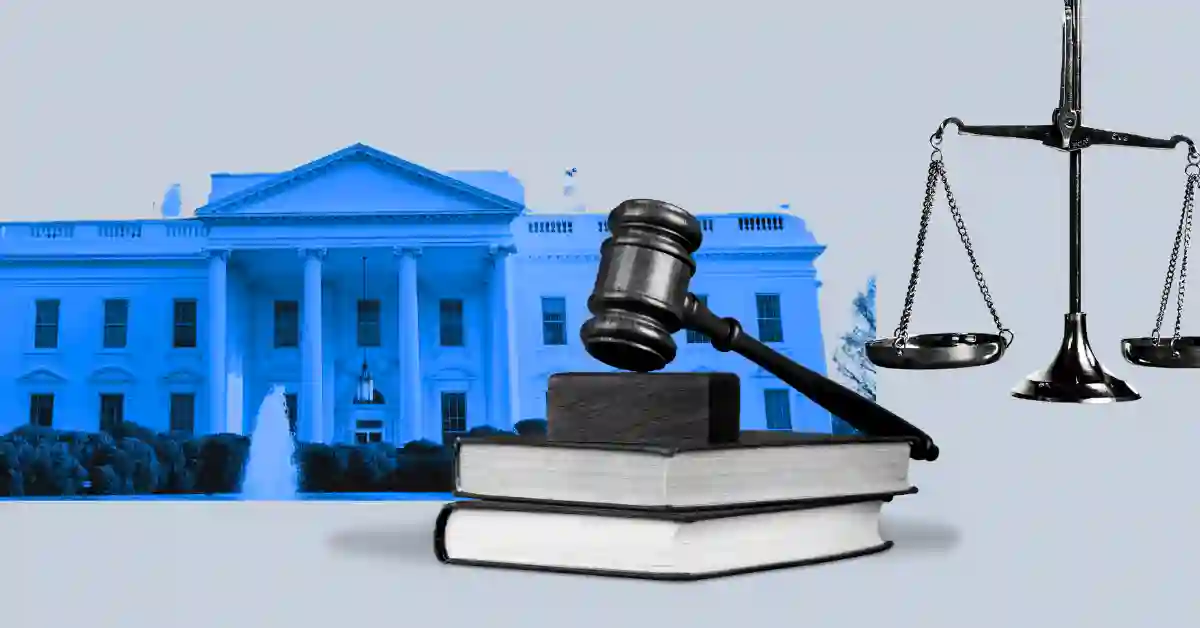
John E. Deaton, a prominent advocate for the cryptocurrency sector, continues to emphasize the importance of improved regulatory frameworks. Deaton has frequently voiced his criticisms of SEC Chair Gary Gensler’s methodology, which many argue hinders the growth of digital currencies. In his latest discourse, Deaton proposes a potential remedy: the amalgamation of the SEC (Securities and Exchange Commission) with the CFTC (Commodity Futures Trading Commission).
One Crypto, One Rule!
During a segment on “Mornings with Maria,” Perianne Boring discussed the confusion and inefficiency that arise from having two separate agencies oversee financial markets. Deaton concurs with this viewpoint, suggesting that merging these entities could eliminate overlapping responsibilities and reduce conflicts. Such a merger would simplify adherence to regulations and create a cohesive strategy for governing both securities, such as stocks, and commodities, like Bitcoin and other cryptocurrencies.
Cryptocurrencies often reside in the ambiguous space between securities and commodities. Deaton argues that a unified regulatory body would streamline regulations for all stakeholders. Furthermore, this alignment would position the U.S. alongside other nations that employ a single financial regulator, enhancing its competitiveness in the global arena.
DOGE and the Push for Consolidation
Elon Musk and Vivek Ramaswamy, known supporters of Dogecoin (DOGE), are emerging as potential proponents for the integration of the SEC and CFTC. Such a merger promises to clarify regulations surrounding emerging technologies like cryptocurrencies, offering essential transparency for investors and businesses maneuvering through the current intricate regulatory environment.
Deaton also underscores the need for consolidation in payment systems. Currently, more than a dozen federal agencies—including the Federal Reserve, FinCEN, and the SEC—are involved in regulating these systems. A unified regulatory framework could significantly streamline these operations.
The case of XRP illustrates the inconsistencies in the current system. Despite FinCEN classifying XRP as a virtual currency in 2015, the SEC labeled it a security five years later, leading to considerable financial losses for investors.
Uniting Forces for Crypto Clarity
In a move towards enhancing regulatory clarity, U.S. Congressman John Rose introduced a bill on September 12 aimed at fostering collaboration between the SEC and CFTC through a Joint Advisory Committee on Digital Assets. Part of the “Bridging Regulation and Innovation for Digital Global and Electronic Digital Assets Act,” this committee would bring together industry experts, users, and academics to guide the agencies in harmonizing laws, evaluating digital assets, and leveraging blockchain technology for efficiency and consumer protection.
This proposed committee, composed of at least 20 non-government members and one representative each from the SEC and CFTC, would convene biannually with members serving two-year terms. Their recommendations would necessitate public responses from the agencies, ensuring an accountable process.
As a staunch advocate for cryptocurrency, Congressman Rose is committed to replacing “regulation-by-enforcement” with a collaborative framework that encourages innovation within the United States. His pro-crypto stance includes supporting the FIT21 Act and resisting excessive governmental control over digital assets.
In conclusion, the merger of the SEC and CFTC, along with the establishment of the Joint Advisory Committee, represents a significant step towards creating a more coherent and efficient regulatory environment for the cryptocurrency industry. Such measures are crucial for fostering innovation, protecting investors, and maintaining the United States’ competitive edge in the global financial markets.






